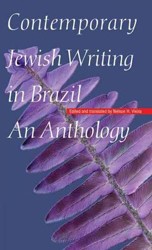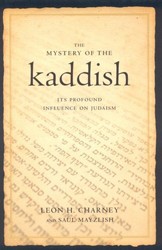Despite the colorful painting on the cover, this book is not a light read. It is a dense monograph, tracking subtle shifts in the methods used by the rabbis to interpret texts. Chernick uses some of the new technologies now available to Talmudists, including databases with transcribed Talmudic manuscripts and advanced search engines, to lay the groundwork for his survey. Focusing on four hermeneutical methods of Rabbinic interpretation, Chernick endeavors to show how each method was used in slightly different ways by the Tannaim—the rabbis of the Mishnah— and their successors, the Amoraim. Wading into a raging academic debate, Chernick locates some of the most profound changes in the post-Amoraic period that may have been responsible for the anonymous discussions in the Babylonian Talmud.
The book’s title points to the conclusion that Chernick tries to draw from his investigation — that at the outset of the Rabbinic period, the canon was limited to the Torah itself, while by the end of the Amoraic period it had expanded to include not only the rest of Tanakh, but also the works of the Rabbis themselves. The later rabbis saw the Mishnah itself as being a work of Divine revelation. One of the most important English-language contributions to the academic field of Talmud in recent years, this book also makes some current developments in the field accessible to a wider audience. Bibliography, index.





